Former Nigerian military ruler, General Ibrahim Babangida (IBB), has revealed shocking details about the 1966 coup, claiming that an Igbo senior military officer brutally killed his commander, Lt. Col. Arthur Chinyelu Unegbe, in the presence of his pregnant wife.
According to Babangida, this act was part of the coup plotters’ broader mission to free Chief Obafemi Awolowo from prison and install him as Nigeria’s leader.
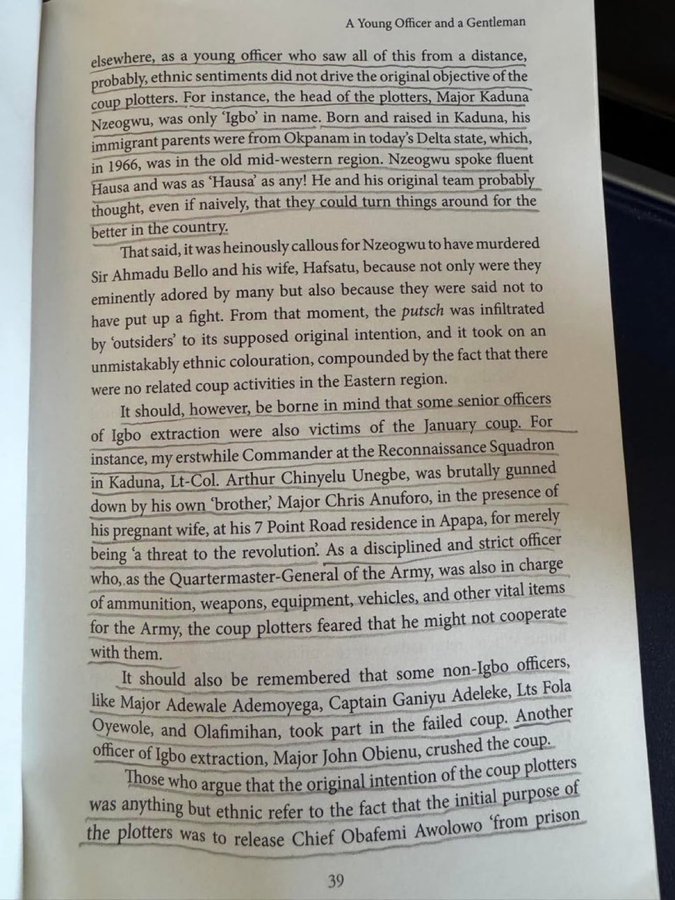
The revelation, contained in IBB’s book, provides fresh insights into the ethnic complexities surrounding Nigeria’s first military coup. The book explains that while the coup was initially perceived as a nationalist movement, it quickly took on ethnic and political undertones.
Babangida details how Major Chris Anuforo, an Igbo officer, carried out the execution of Unegbe at his Lagos residence. The coup plotters allegedly saw Unegbe as a threat to their revolution due to his role as Quartermaster-General of the Nigerian Army, which gave him control over weapons, ammunition, and other military logistics.
READ MORE: https://parallelfactsnews.com/youre-lyingbruce-slams-binances-gambaryan/
Despite popular belief that the coup was solely an Igbo agenda, Babangida’s book highlights that Major Kaduna Nzeogwu, the coup leader, was Igbo by name but was raised in Northern Nigeria and spoke fluent Hausa. The book also mentions that non-Igbo officers, such as Major Adewale Ademoyega and others, actively participated in the failed coup.
The coup’s aftermath deepened ethnic tensions in Nigeria, eventually leading to the Nigerian Civil War (1967–1970). The revelation has sparked renewed debate among historians and political analysts, with some arguing that the coup was not an ethnic conspiracy, while others believe it was the catalyst for the country’s lingering divisions.
Babangida’s account sheds light on one of Nigeria’s most significant historical events, reigniting discussions about the political motivations behind the 1966 coup and its long-lasting impact on the nation.#IBB
Follow the Parallel Facts channel on WhatsApp: https://whatsapp.com/channel/0029VaCQSAoHgZWiDjR3Kn2E



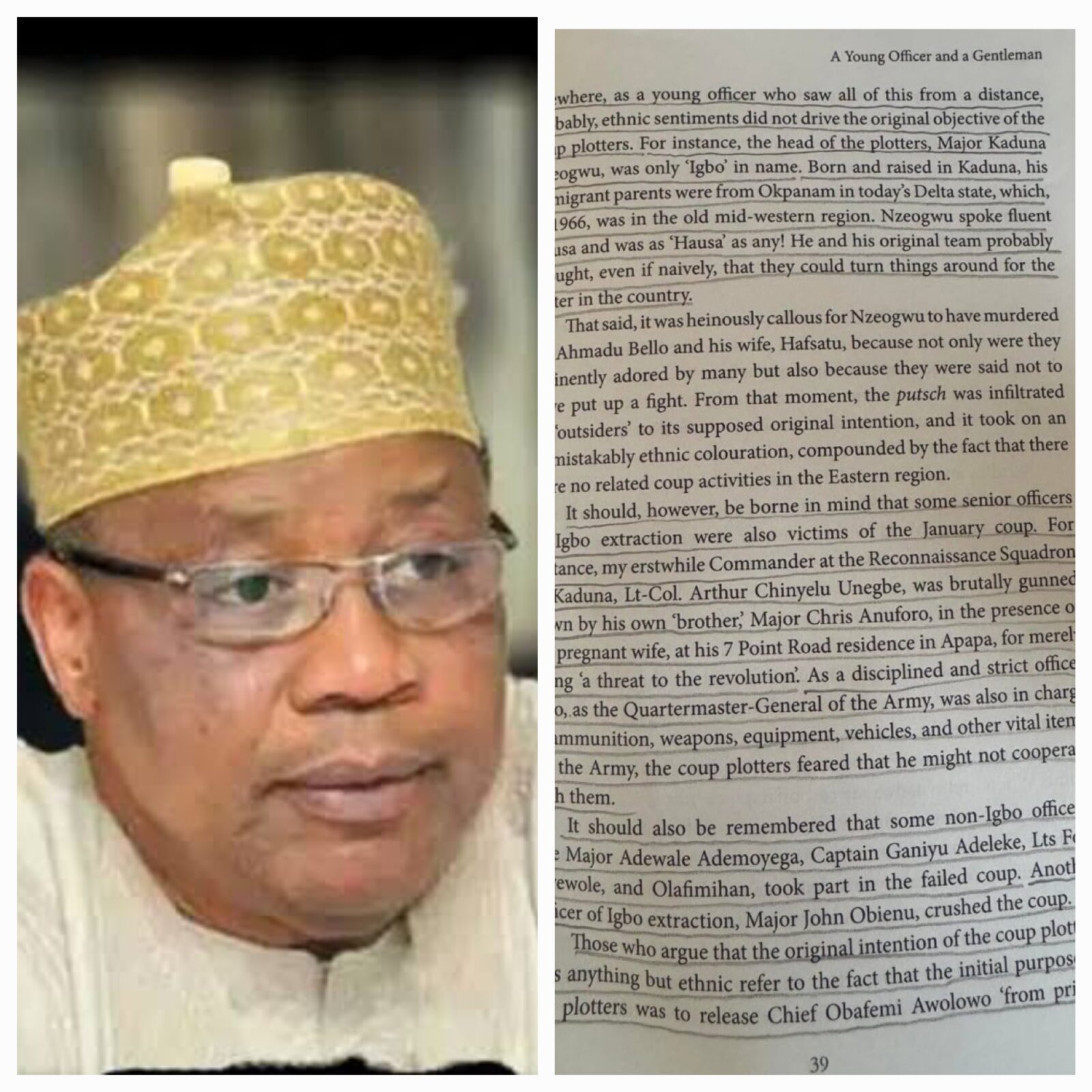

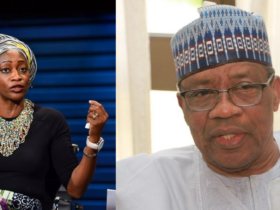
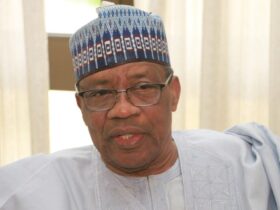
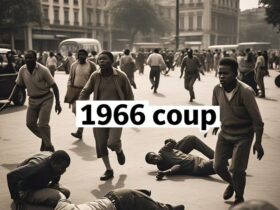
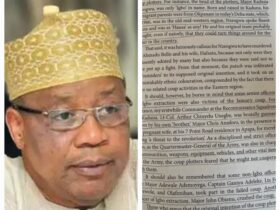
Leave a Reply